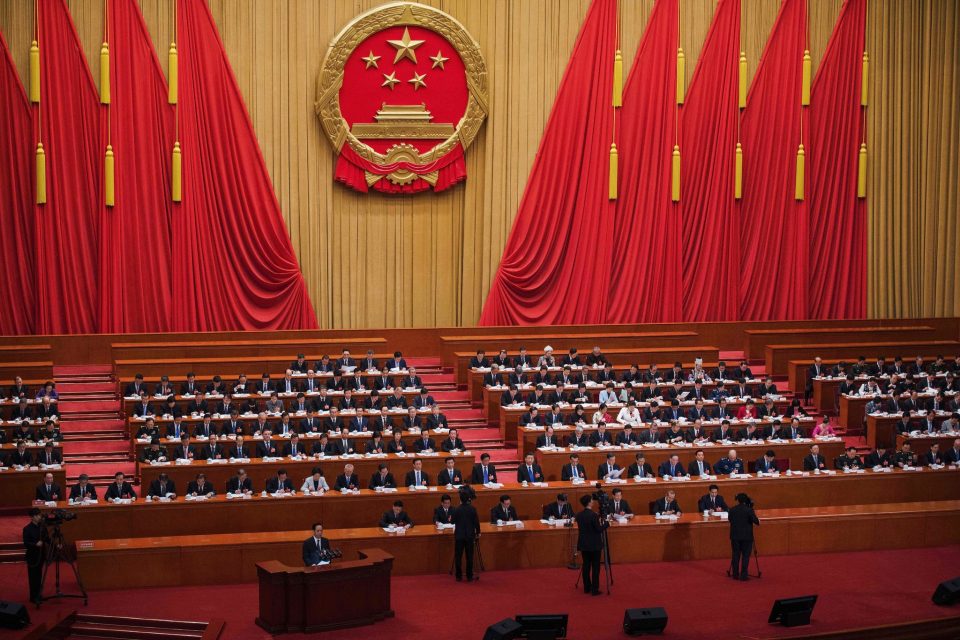On Wednesday, China announced 19 new policies for bolstering its sluggish economic growth, primarily weakened by rising Covid cases, a deepening property crisis and power shortages induced by a severe drought. State Council, the country’s Cabinet, unveiled measures including more than 1 trillion yuan (USD 146 billion) for boosting investment and consumption. Also, local authorities would provide greater flexibility to support the real estate market.
Three months ago, the government brought 33 policies for stimulating economic growth in the pandemic-hit world’s second-largest economy. It involved trillions of yuan worth of relief. The policies are also intended to clear logistical hurdles and assist businesses in moving personnel across borders easily. The 19 new policies are in addition to an existing program.
The government will provide more than 300 billion yuan for financing infrastructure projects for fiscal stimulus. In addition, local governments are urged to use up more than 500 billion yuan in existing special bond ceiling limits by the end of October.
For energy supply, government-run power generation companies will be supported to sell 200 billion yuan in special debt to ensure energy supply. For property support, local governments will be allowed to use city-specific credit policies flexibly and reasonably to support the demand for first homes and better housing.
Business aid measures will be introduced, and the healthy and sustainable growth of the platform economy will be promoted. The government will likely make it easier for business people to travel in and out of the country.






